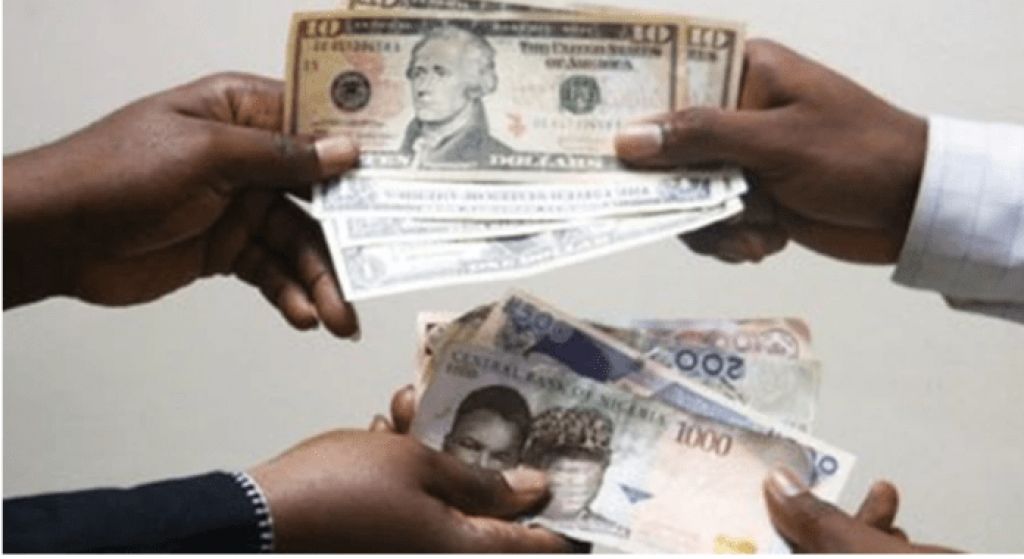Foreign exchange crisis in Nigeria is making it difficult for investors to invest in the country.
The World Bank has stated that the way the exchange rate was managed by the Central Bank of Nigeria, limited access to FX adversely affecting investor confidence and investment appetite. This has widened the disparity between the official I&E Foreign Exchange Window (IEFX) and the parallel market in recent weeks due to a combination of speculation, demand, and fear of future devaluation of the currency. This statement was released at the bi-annual Nigerian Development Update, a report published twice yearly by the World Bank.
The Washington-based lender also noted that surging inflation is undermining the economic recovery of the nation as it projects economic growth of 1.8% this year, compared with a previous estimate of 1.2%. It warned that the economy will continue to grow slower than the pace of population expansion of about 2.6% a year if deep reforms are not implemented.
“Policy decisions related to the exchange rate, trade, and monetary and fiscal factors are driving inflation, especially in 2021, more so than exogenous factors related to conflict and weather shocks,” said Marco Hernandez, the World Bank’s chief economist for the country.
The World Bank, therefore, advised that the Central Bank of Nigeria should aim for greater flexibility by reestablishing a dollar interbank market, effectively allowing banks to trade currency on their own behalf to increase liquidity and move toward a single rate. It added that the lack of a credible monetary anchor will keep inflation elevated as the central bank is too busy trying to achieve too many objectives, such as controlling price increases, promoting economic growth, and keeping a stable exchange rate.




















comment Leave A comment
No one has commented on World Bank Blames Nigeria’s Apex Bank for its Foreign Exchange Crisis post yet, write something about the post.
CLick on the "Leave A Comment" button